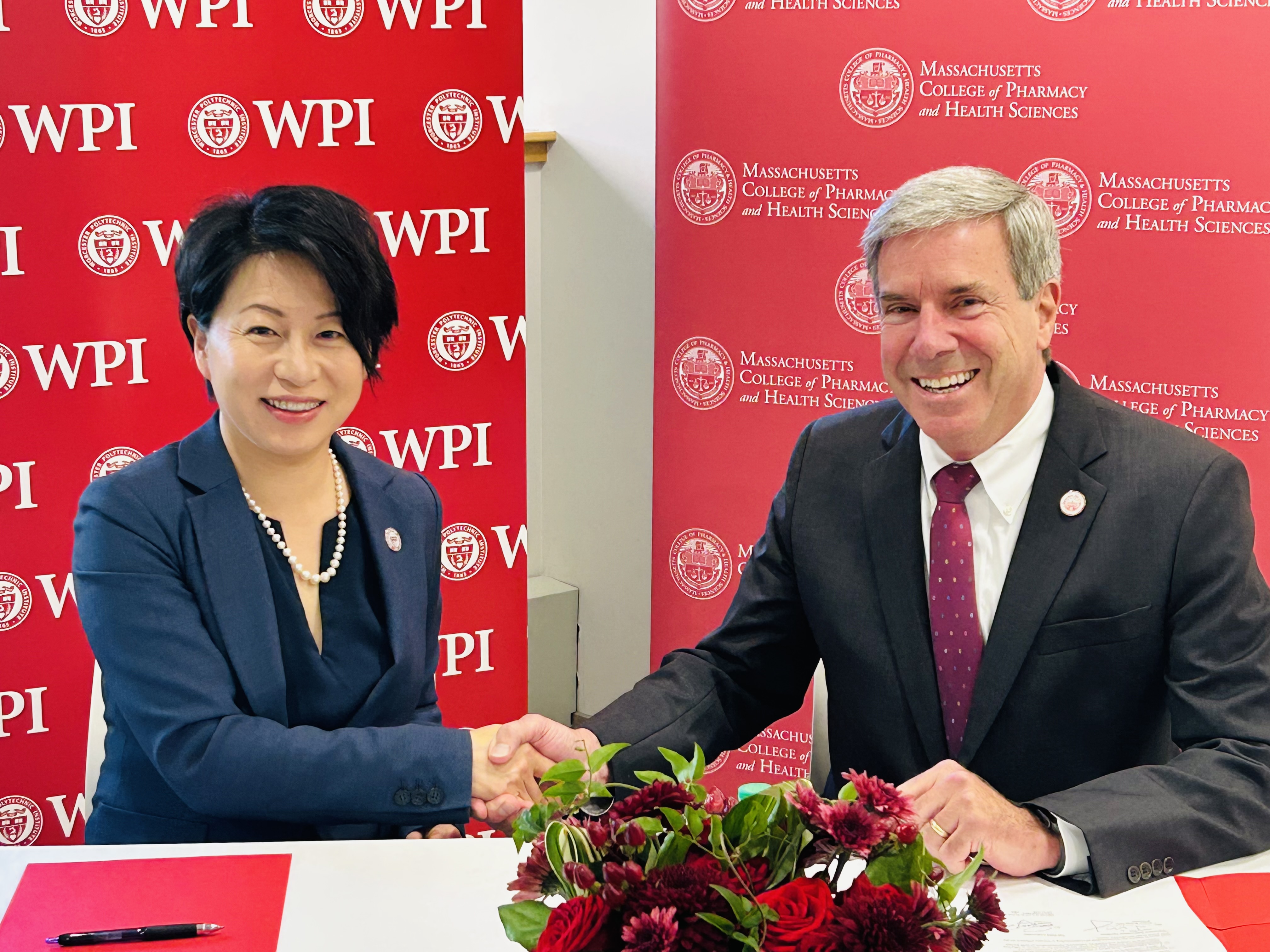WORCESTER, Mass. -- Worcester Polytechnic Institute (WPI) will host its second annual WPI Biotechnology and Bioengineering Corporate Forum on March 22. Lt. Gov. Tim Murray will be the keynote speaker at the event, which will provide perspectives on the current state of the biotechnology, pharmaceutical, and medical devices industries and their future, and how companies, universities, and government can work together to develop new products to meet the nation’s healthcare needs. The forum is part of the 2007 BEI (Bioengineering Institute) Symposium Series.
Laura Allen of MassMEDIC and Eustacia Reidy of the Massachusetts Biotechnology Council will be featured speakers. In panel sessions, industry representatives will discuss the biggest challenges and opportunities they see in the healthcare marketplace over the next five years. They will also discuss how their organizations interact with universities and what they expect from those research and educational relationships.
The forum will showcase the activities of regional, national, and multinational biotechnology, pharmaceutical, and medical device companies, as well as the research, development, and commercialization efforts of BEI and WPI’s life sciences departments. Panelists include Jeffrey W. Voss, group leader of translational medicine, Abbott Laboratories; Paul Wengender, president, Blue Sky Biotech Inc.; Reid J. Leonard, executive director of licensing and external research, Merck & Co. Inc.; Ken Fasman, director of R&D strategy and performance, AstraZeneca; Richard Gregory, senior vice president and head of research, Genzyme Corp.; Mark Boden, director of material science, Boston Scientific Corp.; and Dr. Ellen E. Sheets, senior vice president and chief medical officer, Cytyc Corp.
The inaugural Biotechnology and Bioengineering Corporate Forum in March 2006 brought together more than 150 business and academic leaders for a wide-ranging discussion. "This year, the forum will show the business community that WPI has made significant investments in the life sciences, particularly with the development of Gateway Park," says Grant McGimpsey, professor and director of the Bioengineering Institute. "We anticipate many positive outcomes, not least of which is an understanding of the diverse technology and business development needs of the biotechnology, pharmaceutical, and medical device industries, as well as what resources academic institutions such as WPI can bring to bear on healthcare technology development.
"We also hope that, together with the business community, we will foster new opportunities for research and development collaboration, and opportunities to partner in the important task of educating and training the workforce of the future."
In April, WPI’s Life Sciences and Bioengineering Center will open at Gateway Park, an 11-acre mixed-use campus adjacent to downtown Worcester being developed by WPI and the Worcester Business Development Corp. The new four-story, 124,600-square-foot center will house WPI’s graduate research programs in biology and biotechnology, biomedical engineering, chemistry and biochemistry, and chemical engineering, as well as BEI, WPI’s Corporate and Professional Education Division, and an incubator facility run by Massachusetts Biomedical Initiatives.
BEI is a multidisciplinary research and development organization that uses academic, industry, and government partnerships to develop and commercialize innovative healthcare technologies. The institute focuses on several major technologies, including sensing, bioprocessing, imaging, tissue regeneration, remote diagnostics and treatment, prosthetics and biomaterials, and water quality.
To register for the forum and learn about future events in the BEI Symposium Series, visit www.wpi.edu/+BEI.



